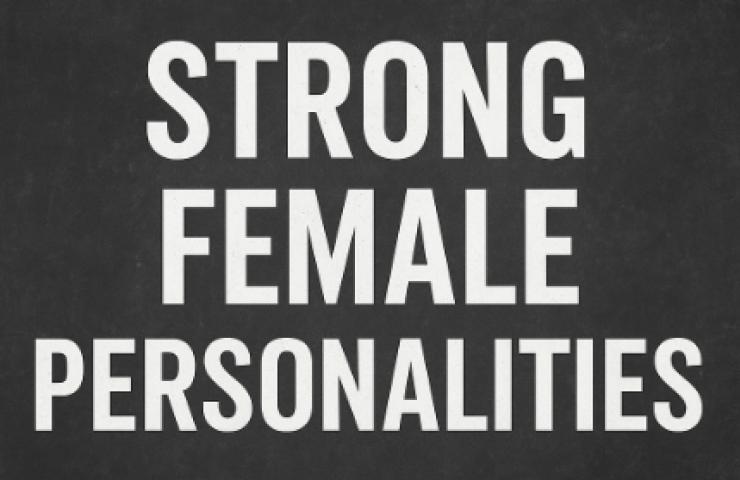Family law mediation offers a constructive approach to resolving family disputes, providing a pathway to amicable and practical solutions. Unlike traditional litigation, which often involves lengthy court battles and heightened emotional stress, mediation focuses on collaboration and compromise. Here’s a closer look at how family law mediation works, its benefits, and why it might be the right choice for your family.
What is Family Law Mediation?
Family law mediation is a process where a neutral third party, known as a mediator, helps family members reach agreements on various issues, such as child custody, asset division, and spousal support. The mediator facilitates discussions, guiding the parties through the negotiation process, and helps them understand each other’s perspectives to find mutually acceptable solutions.
The Mediation Process
Initial Consultation: The mediation process typically begins with an initial consultation. During this meeting, the mediator explains the mediation process, sets the ground rules, and outlines the goals. Each party can express their concerns and expectations, and the mediator will clarify how the sessions will be structured.
Information Gathering: In the subsequent sessions, the mediator gathers relevant information from both parties. This may include financial statements, parenting plans, and other documents crucial for making informed decisions. The mediator ensures that all necessary information is on the table for effective negotiations.
Negotiation Sessions: The core of mediation involves negotiation sessions where the mediator facilitates open discussions between the parties. The mediator helps identify common ground, address misunderstandings, and explore potential solutions. These sessions are conducted in a structured environment where each party has an opportunity to speak and be heard.
Drafting Agreements: Once the parties reach an agreement on various issues, the mediator drafts a written agreement summarizing the terms. This document outlines the agreed-upon arrangements and is usually reviewed by each party's legal advisor before it is finalized.
Finalizing the Agreement: After both parties have reviewed and agreed to the terms, the mediator finalizes the agreement. In some cases, the finalized agreement is submitted to the court for approval, particularly if it involves legal matters like child custody or asset division.
Benefits of Family Law Mediation
Cost-Effective: Mediation is generally less expensive than litigation. The streamlined process and reduced legal fees contribute to lower overall costs, making it an attractive option for families seeking to minimize expenses.
Faster Resolution: Mediation often leads to quicker resolutions compared to court proceedings. The flexible scheduling and focused negotiations allow families to reach agreements more rapidly, reducing the time spent in legal battles.
Confidential: Unlike court cases, which are public record, mediation sessions are confidential. This privacy allows parties to discuss sensitive issues openly without the risk of information being disclosed to the public.
Control and Flexibility: Mediation provides parties with more control over the outcome. They can negotiate terms that best suit their unique circumstances, rather than having a judge impose a decision. This flexibility can lead to more tailored and acceptable solutions.
Reduced Conflict: The collaborative nature of mediation helps reduce animosity and conflict. By focusing on communication and understanding, mediation fosters a more cooperative environment, which can be especially beneficial for co-parenting arrangements.
When to Consider Mediation
Family law mediation is suitable for a variety of family-related issues, including:
Child Custody and Parenting Plans: Mediation can help parents develop practical parenting plans and address custody arrangements that are in the best interest of their children.
Asset Division: When couples need to divide marital assets, mediation provides a platform to negotiate fair distribution based on both parties' needs and contributions.
Spousal Support: Mediation can assist in determining equitable spousal support arrangements that consider financial circumstances and future needs.
Family Disputes: Beyond divorce-related issues, mediation can address other family conflicts, such as inheritance disputes or disagreements between extended family members.
Conclusion
Family law mediation offers a constructive and collaborative approach to resolving family disputes. By prioritizing communication, confidentiality, and control, mediation helps families achieve practical and fair outcomes while minimizing the stress and costs associated with traditional litigation. If you’re facing family-related issues, consider mediation as a viable option to reach amicable resolutions and move forward positively.













